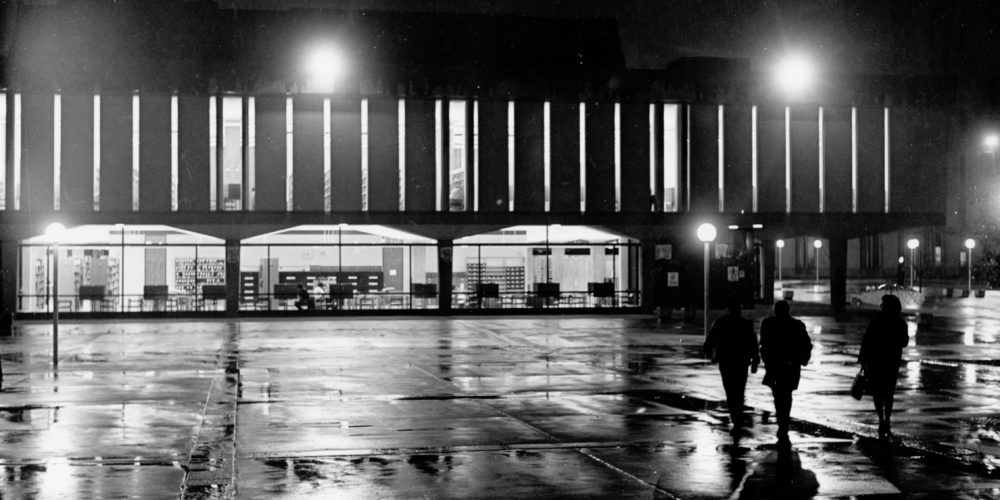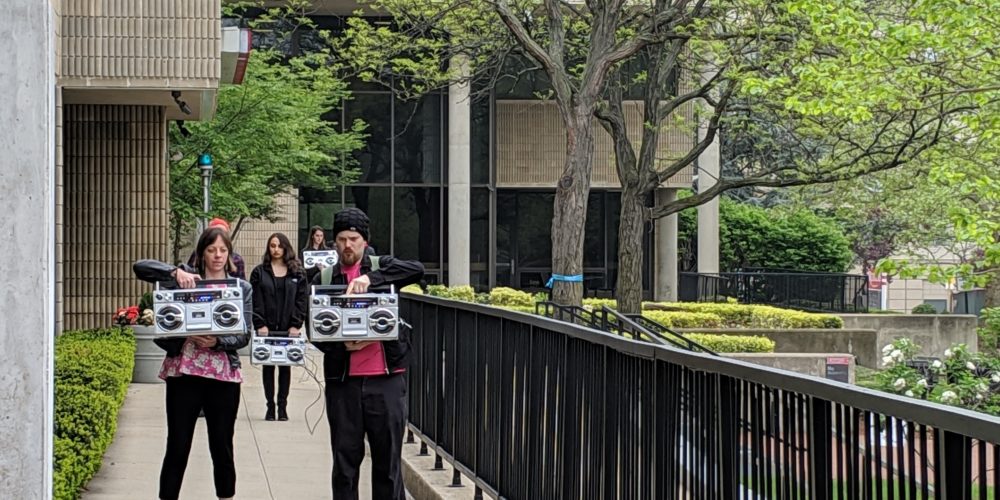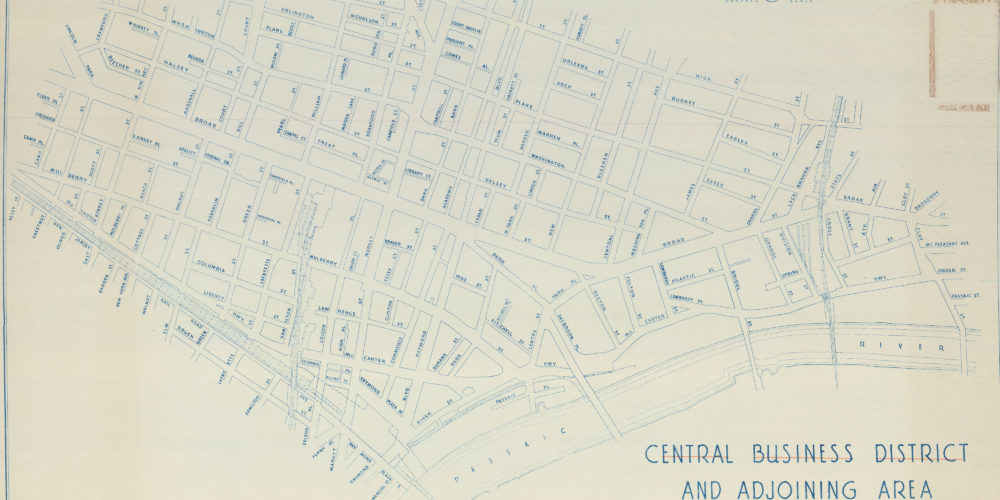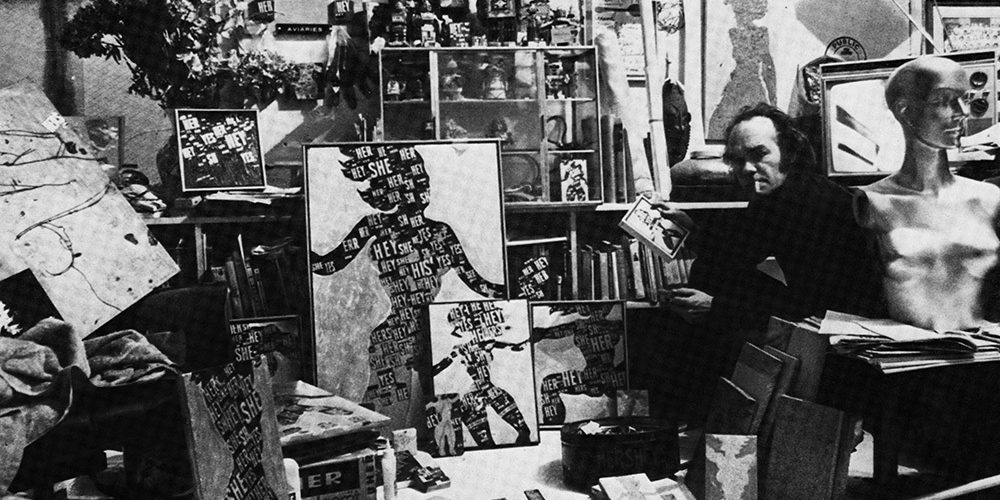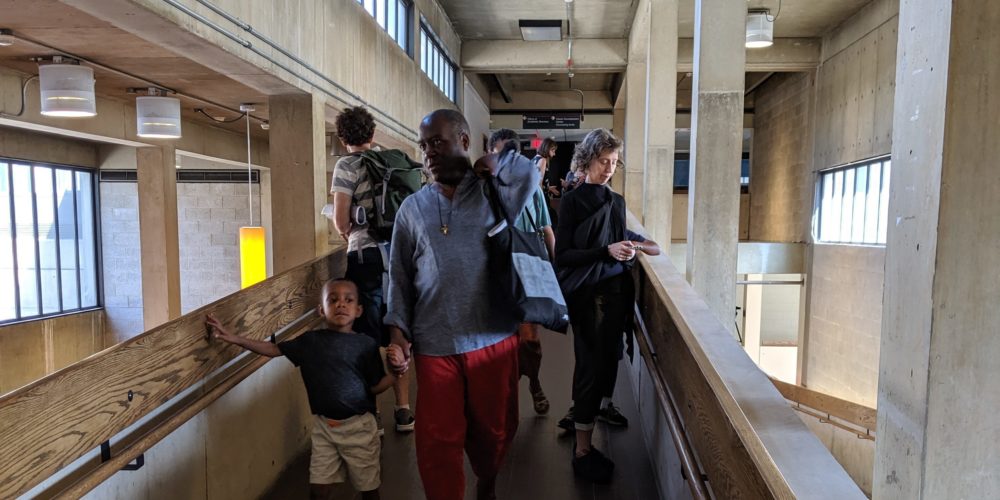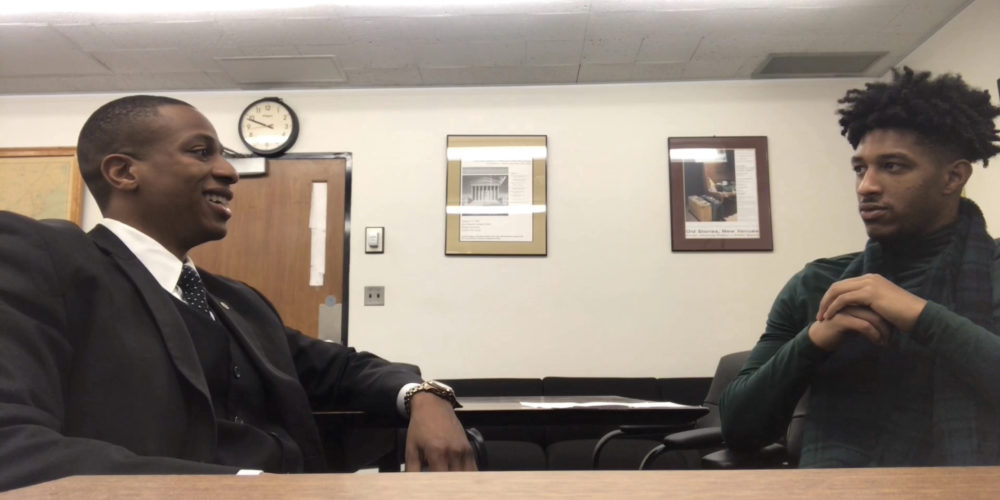
Rhythm 3 (Future) » Religion, Counter Culture, & RebellionRhythm 3 (Future)
Religion, Counter Culture, & Rebellion
America’s journey started as an escape from the Church of England: an escape that led the Puritans to their successful destination of democracy in the New World. Although unintentional, this act of independence started a development that would eventually dismantle the Puritans’ hypocritical efforts to establish religious freedom for all of God’s children. Their so-called religious freedom, intended only for Puritanism, eventually met its match in the 1960s counter culture revolution which, parallel to civil rights activism, was an important social offensive that dismantled the Christian moral code behind America’s Republic. Since that time, America has achieved extraordinary success attacking the Anglo-Saxon patriarchal and monarchic narrative of Christianity that accompanied America’s supposed democracy since its origins, and it is no coincidence that the black freedom struggle was part of that counter culture revolution. Amiri Baraka, Alan Watts, James Baldwin, and the Nation of Islam were leaders of this revolutionary movement, located on the East Coast, especially in New York and Newark, New Jersey, but with an influence that spread worldwide. Harmonizing works from Kevin Mumford, Robert Curvin, Alan Watts, James Baldwin, and Amiri Baraka, as well as the Nation of Islam’s historical and political achievements which increased self-sufficiency rates in black communities, I show how America’s political climate is a consequence of the American Christian narrative and illuminate how Eastern philosophy, Islam, and poetry have been successful tools in fighting for civil equality in America.
The schools of thought that emerged out of the counter culture revolution and civil rights movement of the 1960s have remained relevant for over sixty years. The Nation of Islam still remains a frontrunner in attacking current socioeconomic struggles within black communities. Faced with the persistence of racially-biased media attention in major news outlets, the Nation of Islam created their own media. The Final Call newspaper, founded by the current leader of the Nation of Islam, the Honorable Minister Louis Farrakhan, is trusted by many black communities for publicizing current events and accomplishments otherwise ignored or misrepresented by other media outlets. The Nation of Islam have continued to develop the newspaper to keep up with modern times by digitizing The Final Call and using Louis Farrakhan’s social media presence to spread the word of Islam. While Eastern philosophy is not as prominent as it was during the therapeutic culture of the 1960s and 1970s, many authors, historians, and archivists nonetheless continue to conserve the works of Suzuki and Alan Watts. Watts’ son, Mark Watts, has made it his occupation to search for his father’s lectures otherwise missing from popular media outlets. The efforts of the Watts duo have promoted religious tolerance among many Americans who were ignorant of religious practices from other parts of the world. I myself am searching for lost archives of work created by Watts and my grandmother Jenni Dean Harte, a Buddhist, astrologer, and rock artist who played with Jimi Hendrix. Currently a figurehead at the Astrological Lodge in London, she gave a talk with Watts on PBS after the Woodstock Festival in 1969 titled “What is I?” The topic of the talk, which is currently missing in mainstream media sources, focused on breaking down the complexities of human identity in the hope of separating human beings from the institutionalizations involved in their upbringing. In Newark, Ras Baraka successfully continued Amiri Baraka’s activism. As mayor of Newark, Baraka is “recognized nationally as a thought leader in the space of urban revitalization and his defiance of a hostile Presidential directive targeting the immigrant community with an executive order designating Newark as a sanctuary city solidified his status as one of the country’s most progressive elected officials” (The Honorable Mayor Ras J. Baraka). Contemporary America has continued the civil rights journey from the 1960s, remaining persistent through what can only be described as an everlasting endeavor for the betterment of black America.
Abstract by T'ai Sekyere-Harte
tas260@scarletmail.rutgers.edu
Posted 11/10/2021
